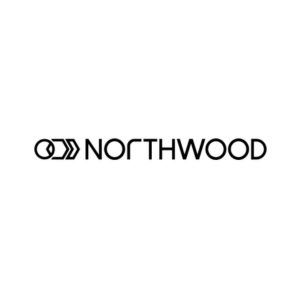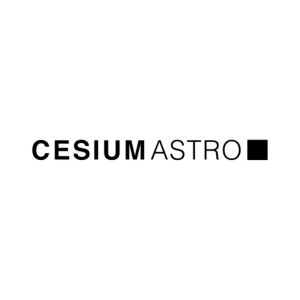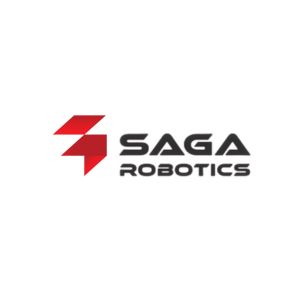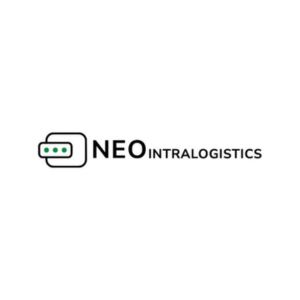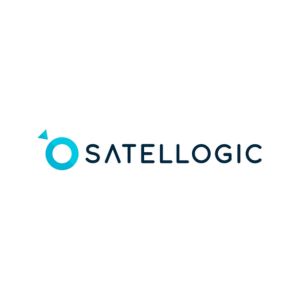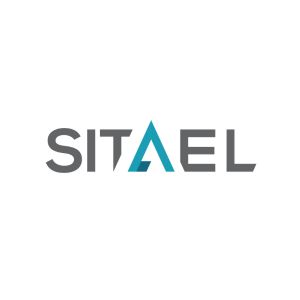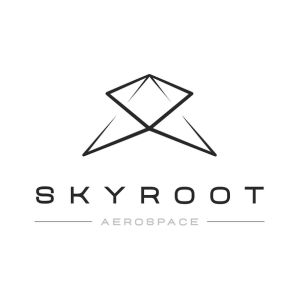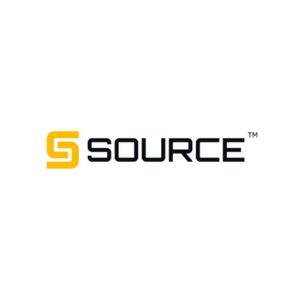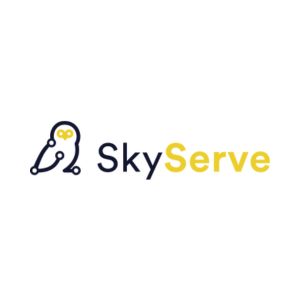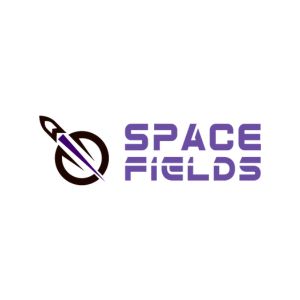
Startups & Business News | Glossary
What are AI agents?
AI Agents are advanced autonomous software systems that can perceive their environment, reason, plan, and take actions independently to achieve specified goals—with minimal or no human intervention. Unlike traditional automation or simple digital assistants, AI agents combine machine learning, planning, context memory, and tool integration to tackle complex, multi-step problems across diverse environments and applications.
Core characteristics of AI agents include:
Autonomy: Operate independently after initial goal-setting by humans, selecting actions that best fulfill their objectives.
Perception: Sense and interpret data from digital or physical environments, such as sensors, user input, APIs, or databases.
Reasoning and Planning: Analyze environments, break down tasks into manageable steps, and adjust workflows dynamically based on outcomes.
Learning and Adaptation: Improve performance over time by learning from new experiences, feedback, and changing conditions.
Interactivity: Can interact directly with users, other agents, or external software to exchange information and coordinate activities.
Types of AI agents range from simple rule-based systems to sophisticated, learning-enabled multi-agent frameworks that coordinate with other agents to achieve complex goals—such as autonomous vehicles, digital content creation, technical troubleshooting, supply chain optimization, and intelligent personal assistants.
What sets AI agents apart from AI assistants is their higher level of autonomy, ability to coordinate multi-step processes, and integration with external tools and APIs to achieve outcomes without continuous human oversight. Examples include GitHub Copilot, autonomous customer service agents, and collaborative drone fleets.
AI agents represent the next evolution in artificial intelligence, serving as a digital workforce for automating, optimizing, and managing an ever-wider range of complex enterprise and consumer tasks.
Trending Companies
Latest Articles
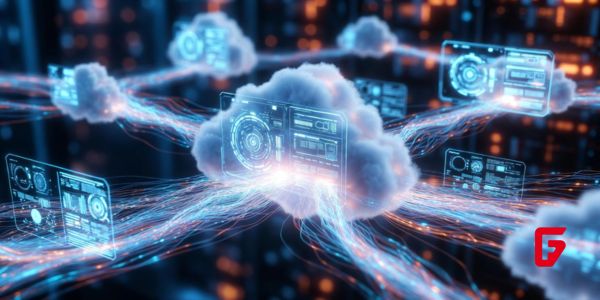
Cloud Data Migrations in the AI Era – Prepare Smart. Balance Risks. Thrive.
Cloud data migration is more than an IT move—it’s a business transformation. This article guides you through AI-driven strategies to
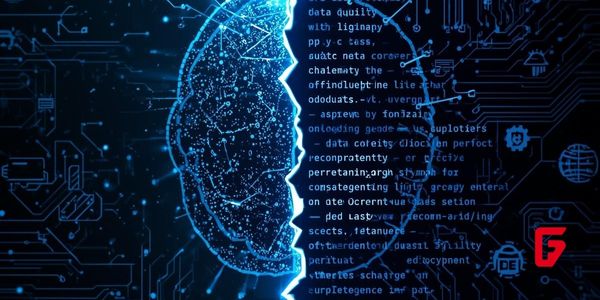
AI Didn’t Fail; Your Data Warehouse Did
After decades in IT project management and business analysis, one truth has stayed constant: when AI projects fail, it’s rarely

Surgerii Robotics Secures $100M Series D Funding Round
Beijing’s Surgerii Robotics lands $100M Series D for SHURUI single-port robot growth. Funding fuels global push in minimally invasive surgery—details
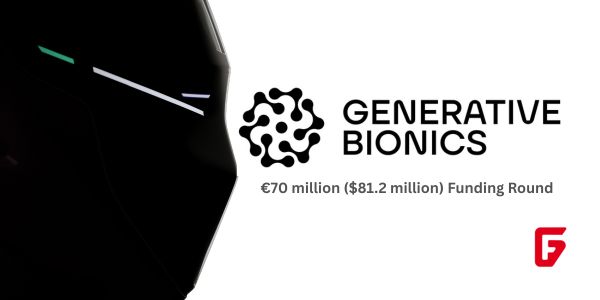
Generative Bionics: The Italian Humanoid Robotics Spin-Out Bringing Physical AI to the Factory Floor
Generative Bionics, an Italian spin-out from IIT, is building Physical AI–powered humanoid robots to tackle labor gaps and modernize industrial
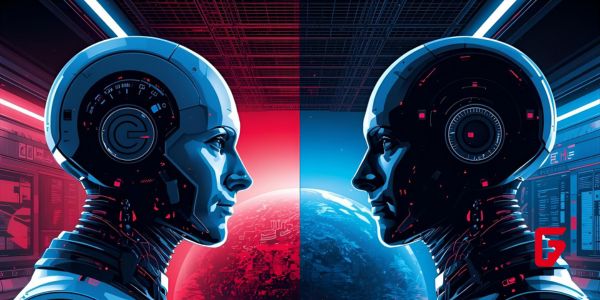
OpenAI vs. Google AI, SpaceX & Blue Origin Race for Space Data Centers, Meta’s AI Pivot, and Robotics Breakthroughs
Stay ahead of AI and space tech wars: OpenAI vs Google AI, SpaceX and Blue Origin’s race for orbital data
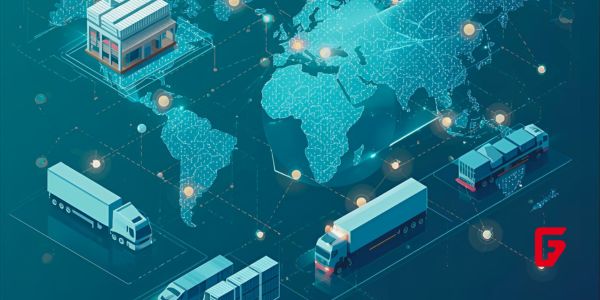
10 AI-Driven Supply Chain Optimization Companies to Watch in 2026
This article explores 10 AI-driven supply chain optimization companies to watch in 2026, highlighting how their platforms improve forecasting, logistics,
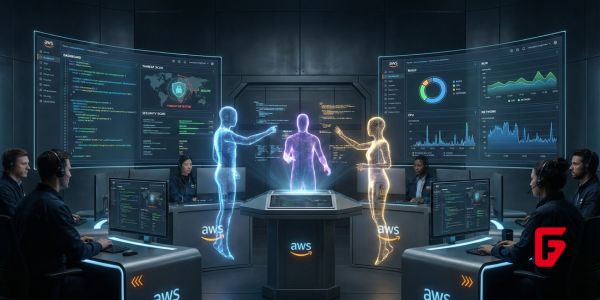
AWS Frontier Agents: Autonomous AI Coders That Build, Secure, and Run Apps for Days Without Human Oversight
AWS frontier agents introduce a new era of autonomous AI coders that can build, secure, and run applications for days
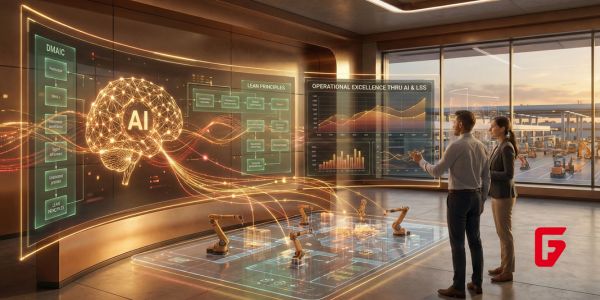
How AI Is Transforming Lean Six Sigma: The New Era of Operational Excellence 2.0
Explore the cutting-edge ways AI is enhancing Lean Six Sigma, from real-time process insights to predictive controls, ushering in a
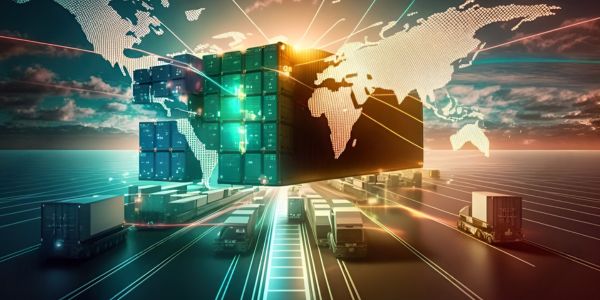
Top Supply Chain Challenges in 2025 — and How High-Performing Teams Use AI to Solve Them
Facing supply chain challenges in 2025? High-performing teams leverage AI for risk management, demand forecasting, supplier analytics, and end-to-end visibility
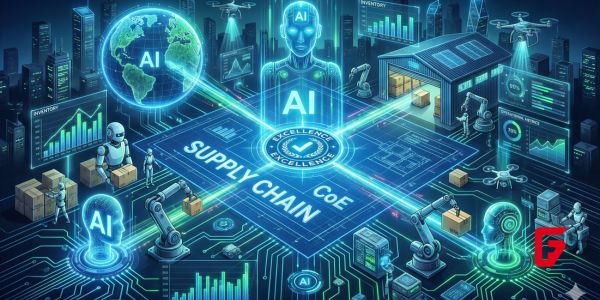
How to Build a High-Impact Supply Chain Center of Excellence (CoE):A Blueprint for Operational and Inventory Excellence in the Age of AI
Craft an AI-powered supply chain Center of Excellence that unifies control tower visibility, analytics, and inventory optimization into one strategic
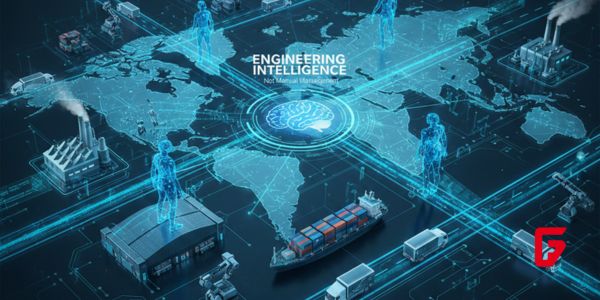
The Future of Supply Chain Leadership: Why the Next Generation Will Engineer Intelligence, Not Just Manage It
Supply chain leadership is being redefined by AI, intelligent automation, and agentic decision-making, demanding leaders who can engineer end-to-end intelligence
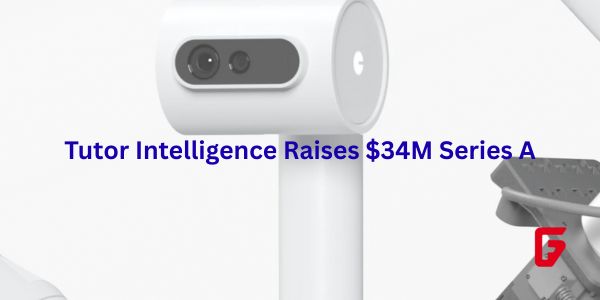
Tutor Intelligence Raises $34M Series A: AI Robots Revolutionizing Warehouse Automation
Tutor Intelligence just landed $34 million in Series A funding. Led by Union Square Ventures, this cash boosts their AI-powered
futureTEKnow is focused on identifying and promoting creators, disruptors and innovators, and serving as a vital resource for those interested in the latest advancements in technology.
© 2026 All Rights Reserved.

